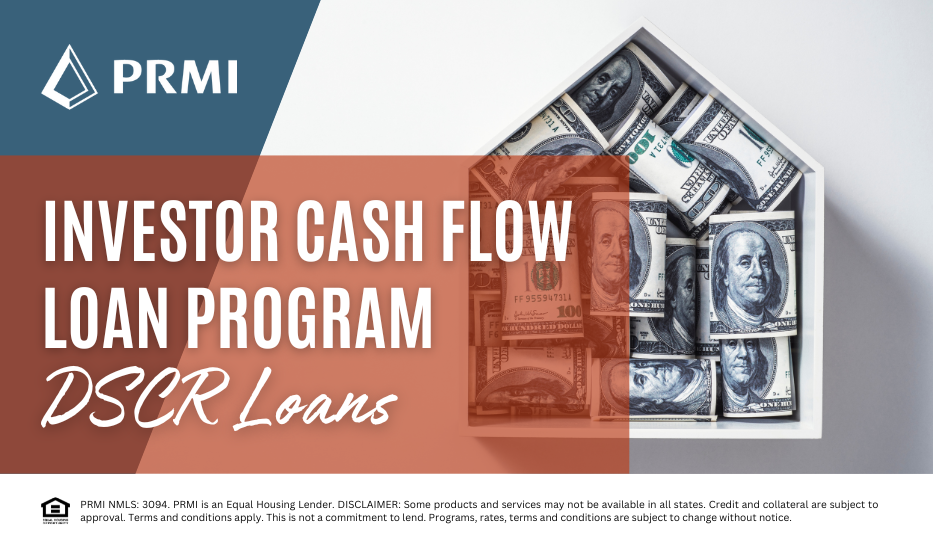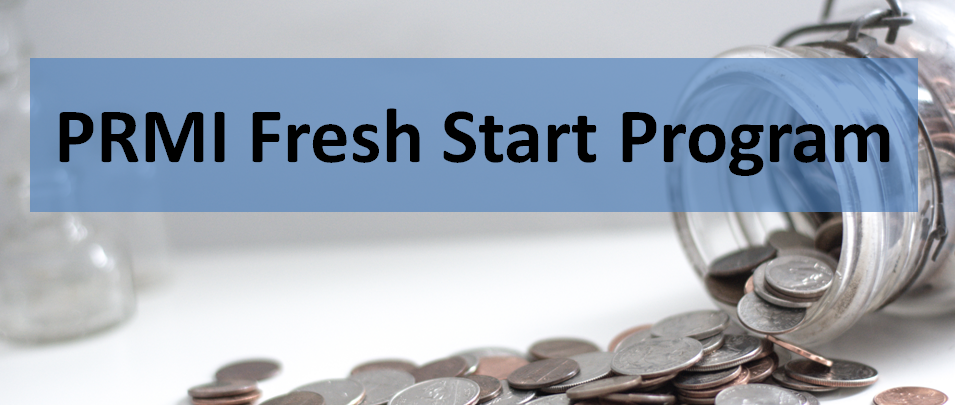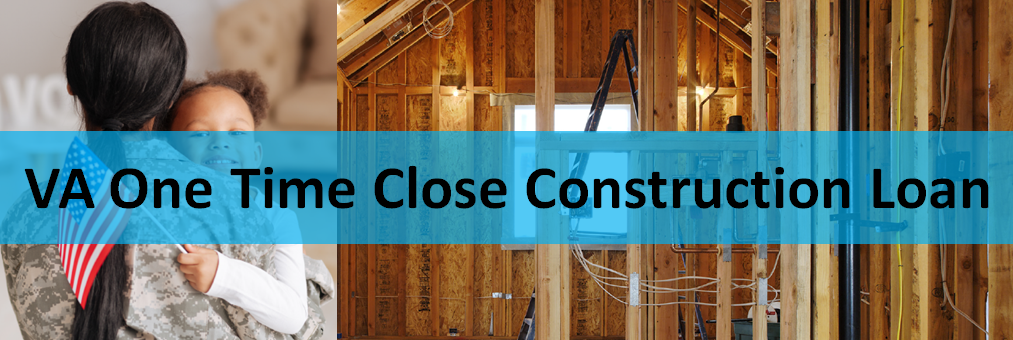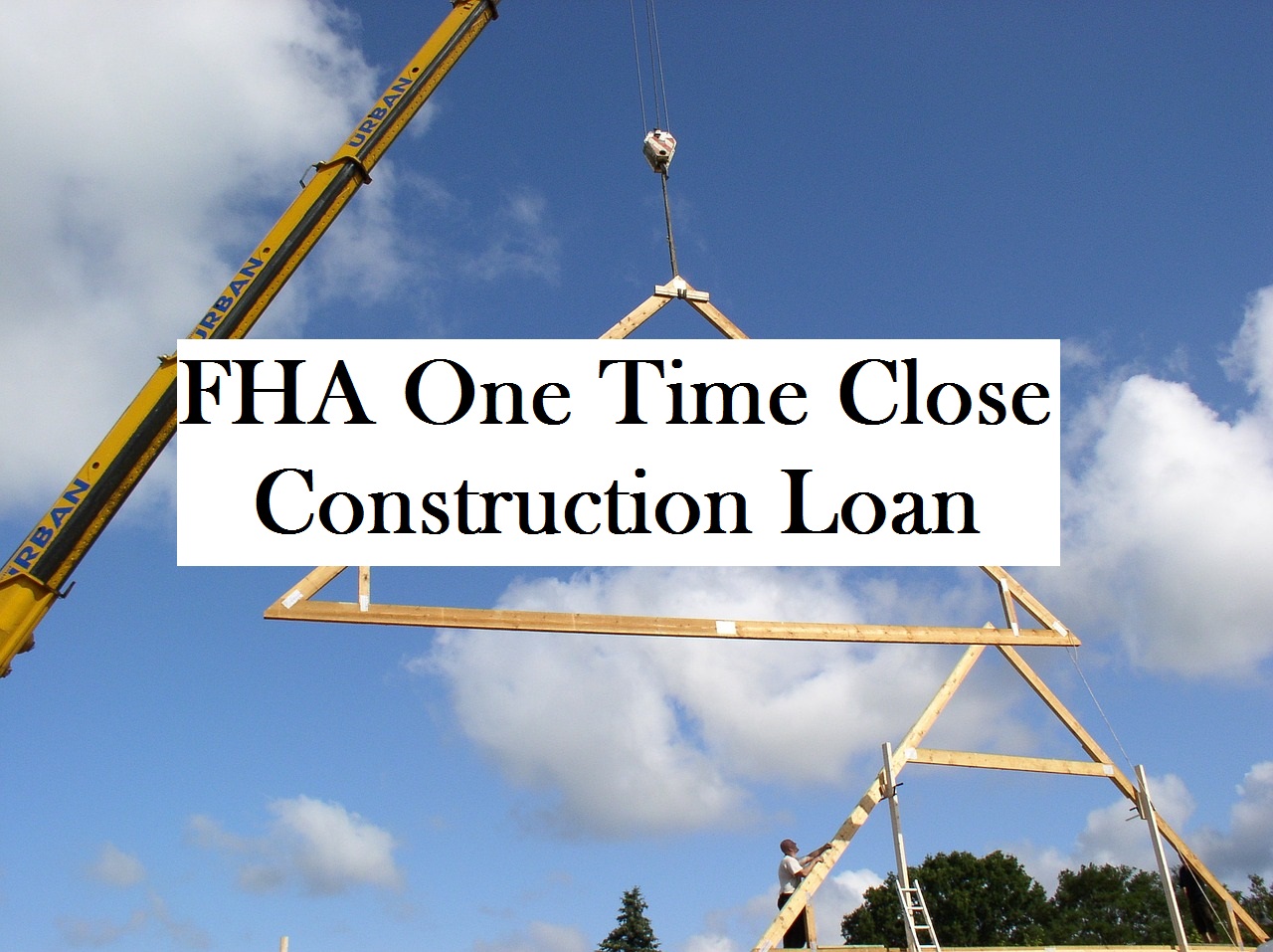VA Renovation Loan Program

This VA Loan Helps Finance Veterans’ Home Renovations!
VA Renovation Loan – We respect and value our Veterans. That’s why we have a special loan program that will help Veterans finance their home renovations. So if you’re a Veteran who is eager to build equity by upgrading your property, call us today at 302-703-0727 to get started, or you can APPLY ONLINE.
What Is a VA Renovation Loan?
The VA renovation loan is a VA-guaranteed loan program that allows qualified homebuyers to purchase or refinance a home and finance its repairs, renovations and/or improvements. It is a one loan and one closing that includes an escrow account to make the repairs after closing.







